Water Quality & Food Webs
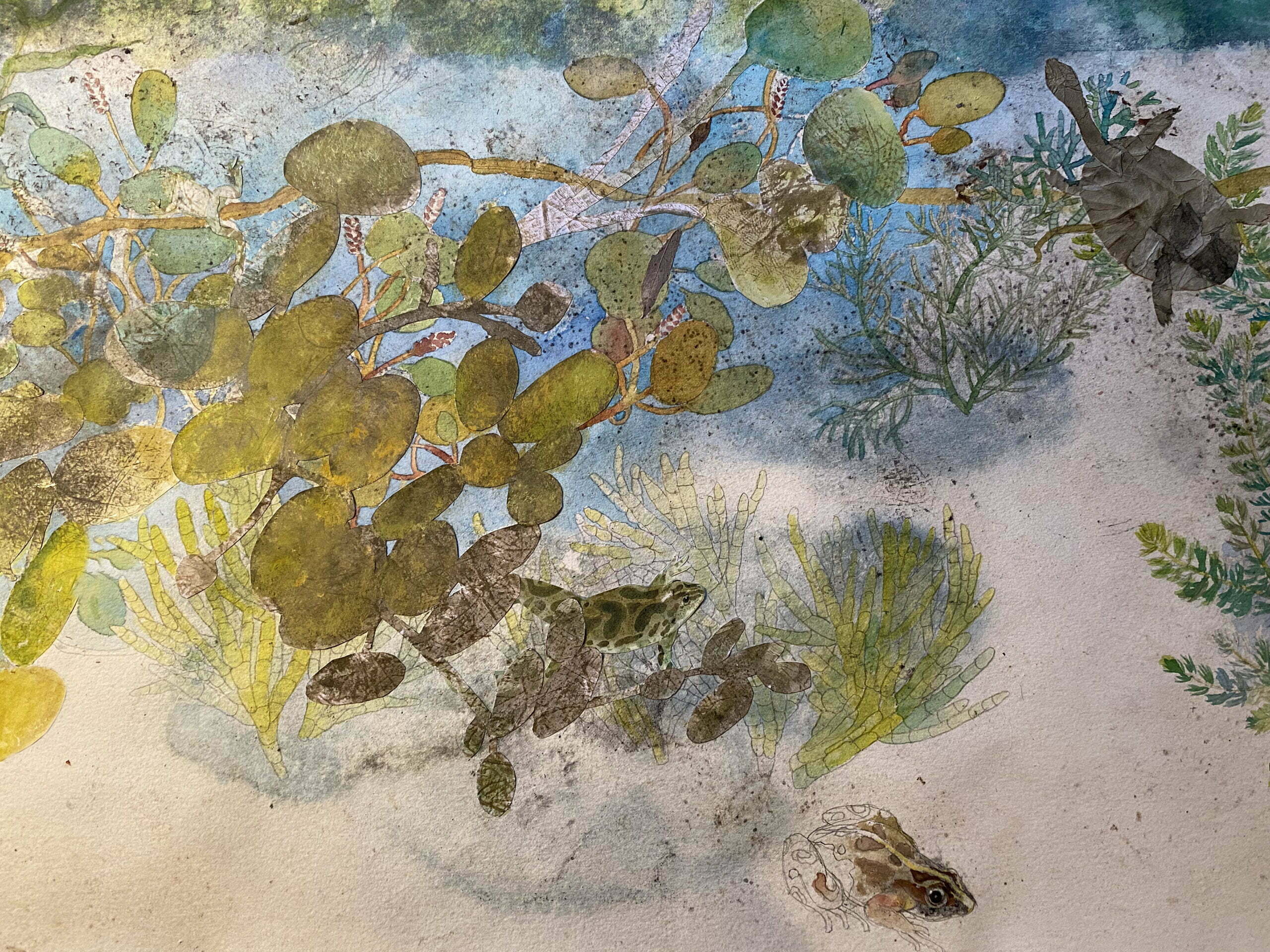
Gilgai Wetlands: ‘Gilgai – echo of an ideal world’
Gilgai Wetlands: 'Gilgai - echo of an ideal world' An exhibition by Vicki Luke Authors: Lucy Stuart and Andy Lowes Every now and then, art and science come together to create magic, and that’s exactly what happened when artist Vicki Luke worked with scientists in the Murray-Darling Basin to share the story of Gilgai wetlands [...]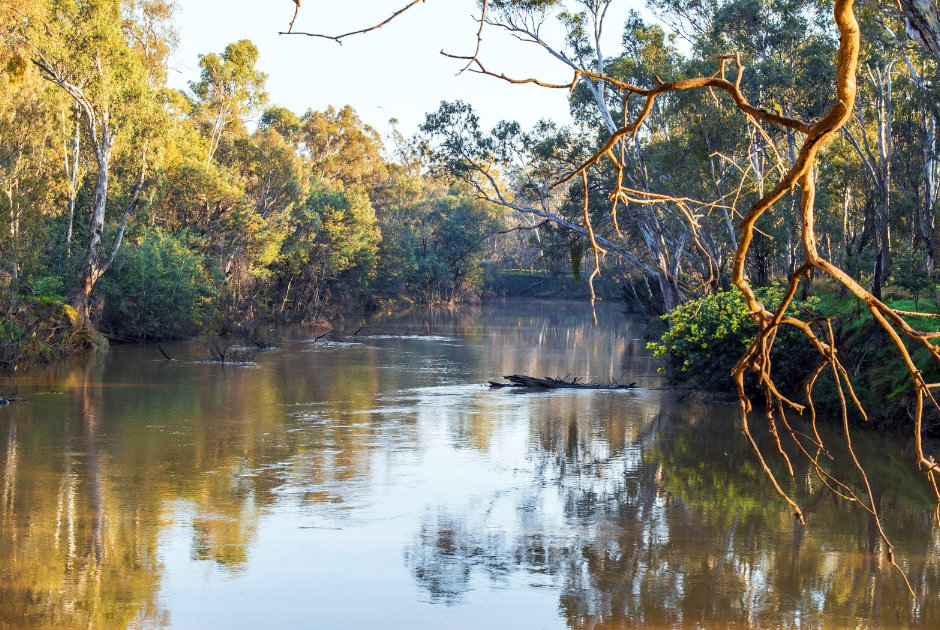
Goldilocks and the Goulburn River: Measuring stream metabolism to get flows ‘just right’
Golidlocks and the Goulburn River: measuring stream metabolism to get flows 'just right' Author: Mike Grace Rivers are the lifeblood of fish, plants, insects, bacteria and algae, in fact anything that lives within, and relies upon the riverine ecosystem. The health of a river ecosystem affects these organisms, and we want to know if water [...]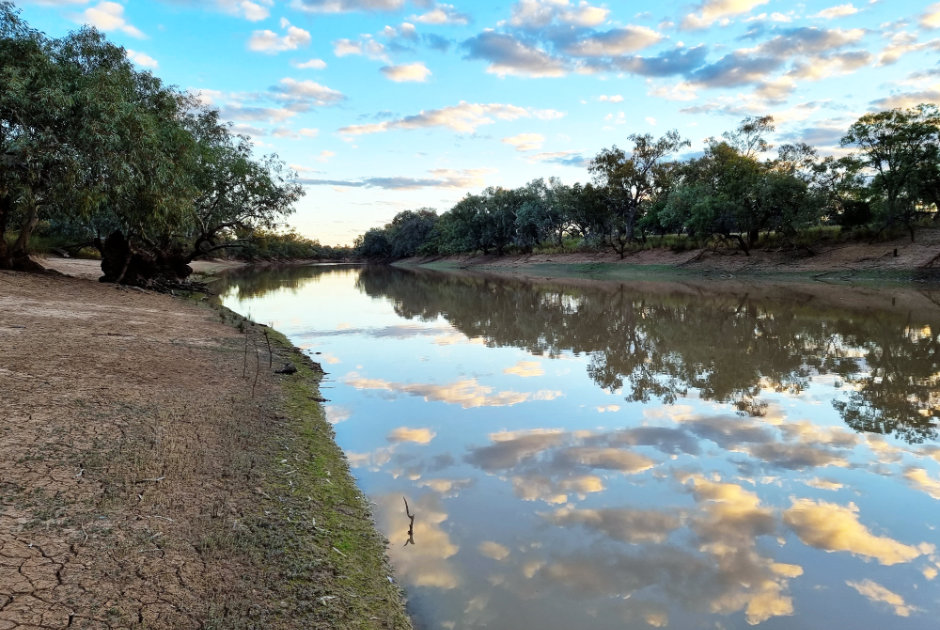
Metabolic ‘fingerprints’and aquatic food webs
Metabolic 'fingerprints' and aquatic food webs Author: Dr Paul McInerney Food webs describe ‘who-eats-what’ within biological communities. Food consumed by organisms has several uses: generation of energy, growth and reproduction. In particular, food webs define the pathways along which energy is transferred from resource to consumer. The strength and direction of these energy transfers are [...]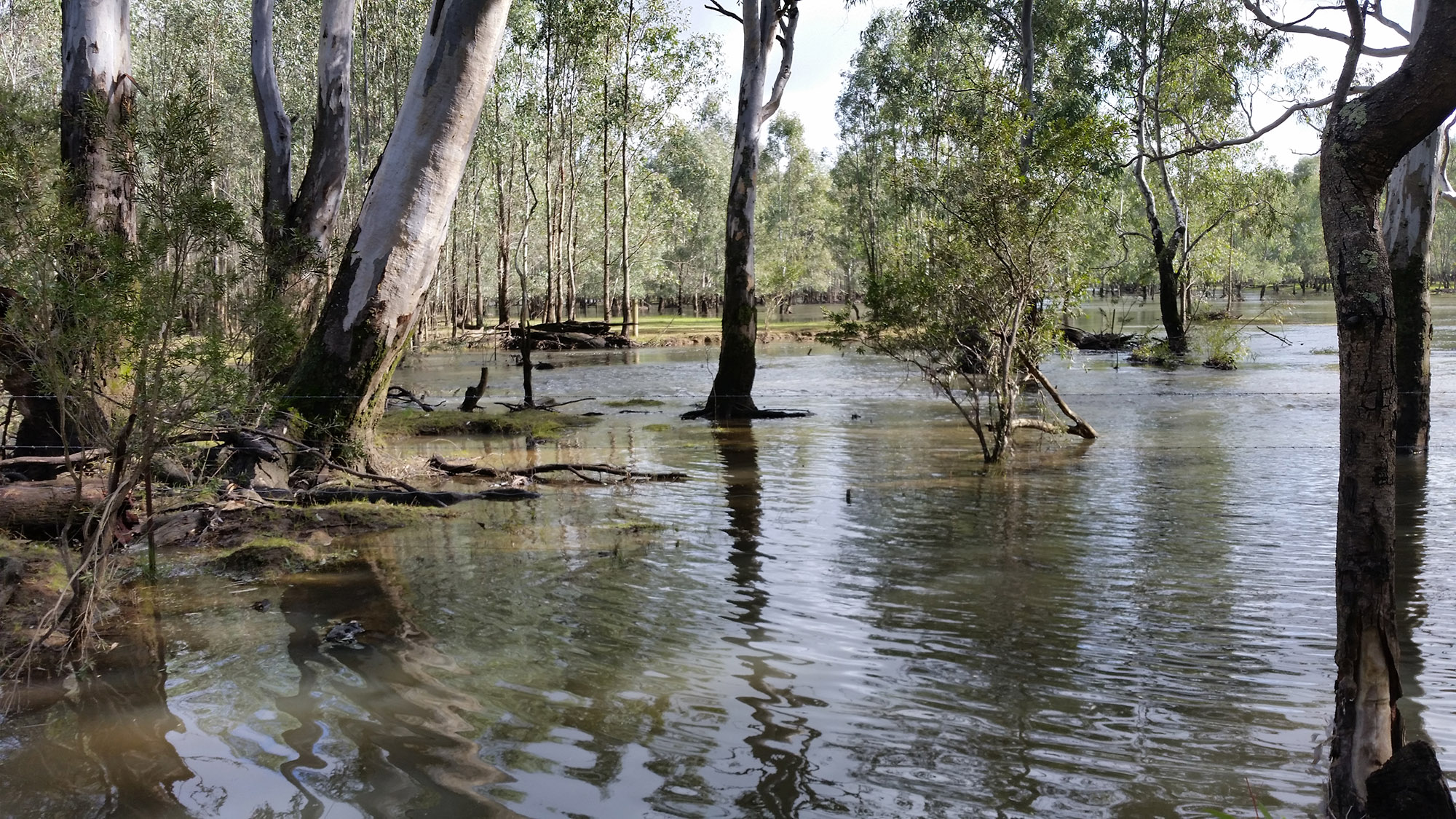
Understanding what drives food webs, and how environmental flows can
boost energy in riverine ecosystems
In 2017, the Environmental Water Knowledge and Research food web theme commenced a field program that set out to examine energy pathways among three habitats of a lowland river floodplain – wetlands, anabranches and the river channel. The work was carried out on the Ovens River in Victoria, and the chief objectives were to determine […]
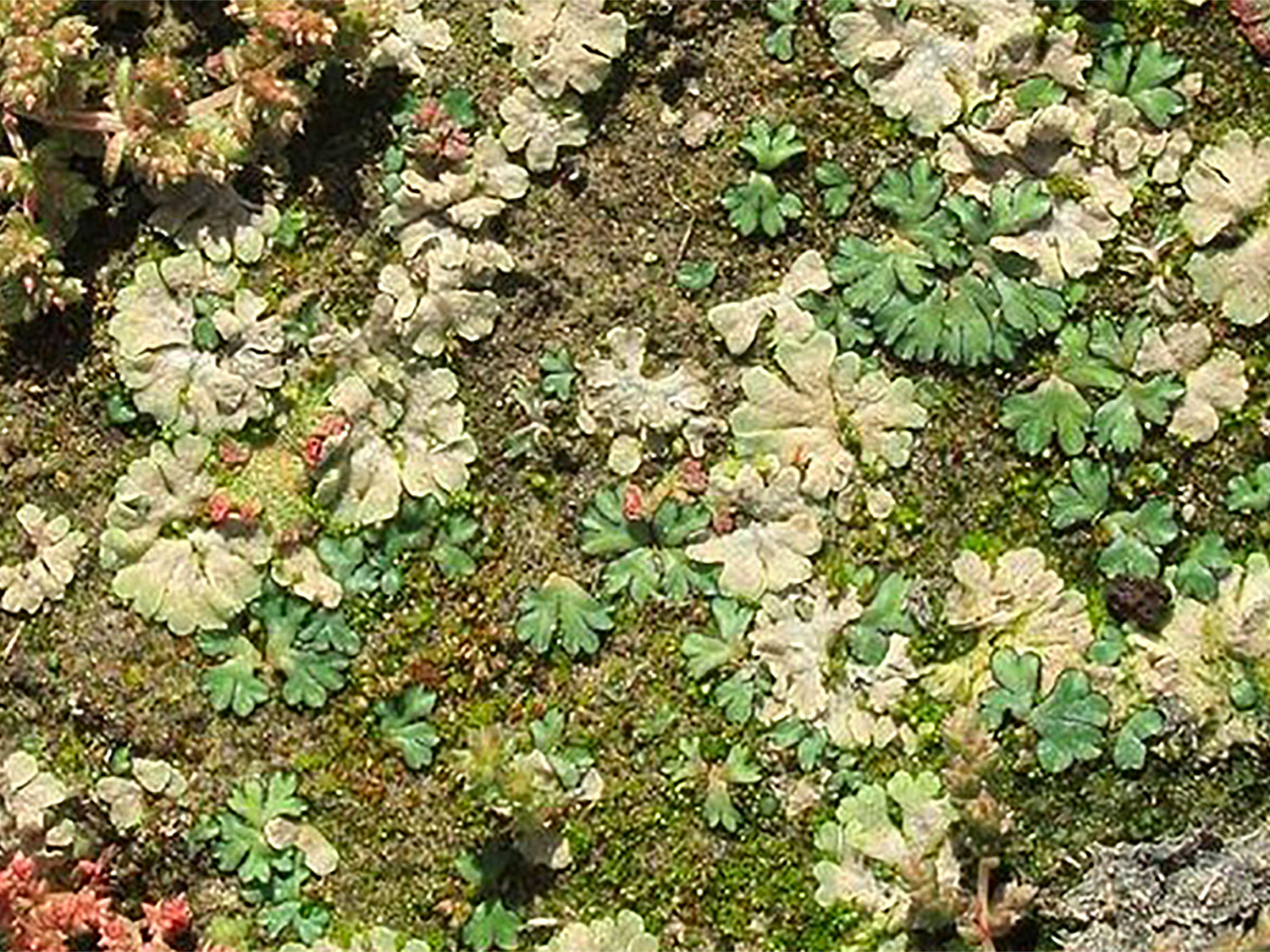
Floodplain inundation provides high quality food for consumers
This story discusses work undertaken during the Environmental Water Knowledge and Research (EWKR) project, and is re-published from the EWKR website. Authors: Julia Mynott Floodplain wetlands comprise some of the most productive landscapes within freshwater ecosystems. They represent a transitional zone between aquatic and terrestrial communities that can support high species diversity, particularly for plants. […]
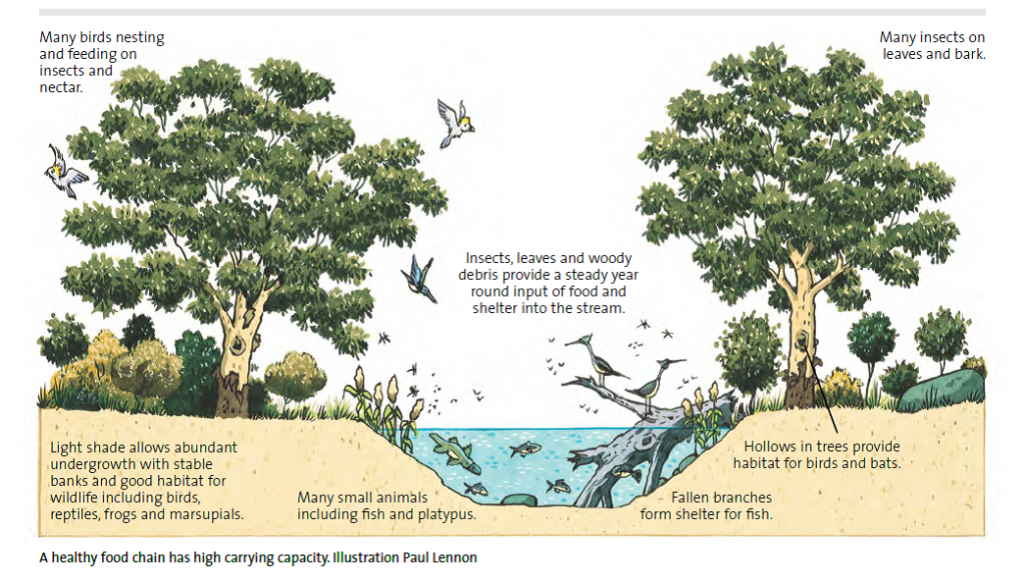
Power supply
This story discusses work undertaken during the Environmental Water Knowledge and Research (EWKR) project, and is re-published from the EWKR website. Authors: Nick Bond and Rebecca Lester We often think about increasing the abundance of native fish and birds by promoting additional opportunities for breeding and recruitment. Another important question to ask, however, is whether […]
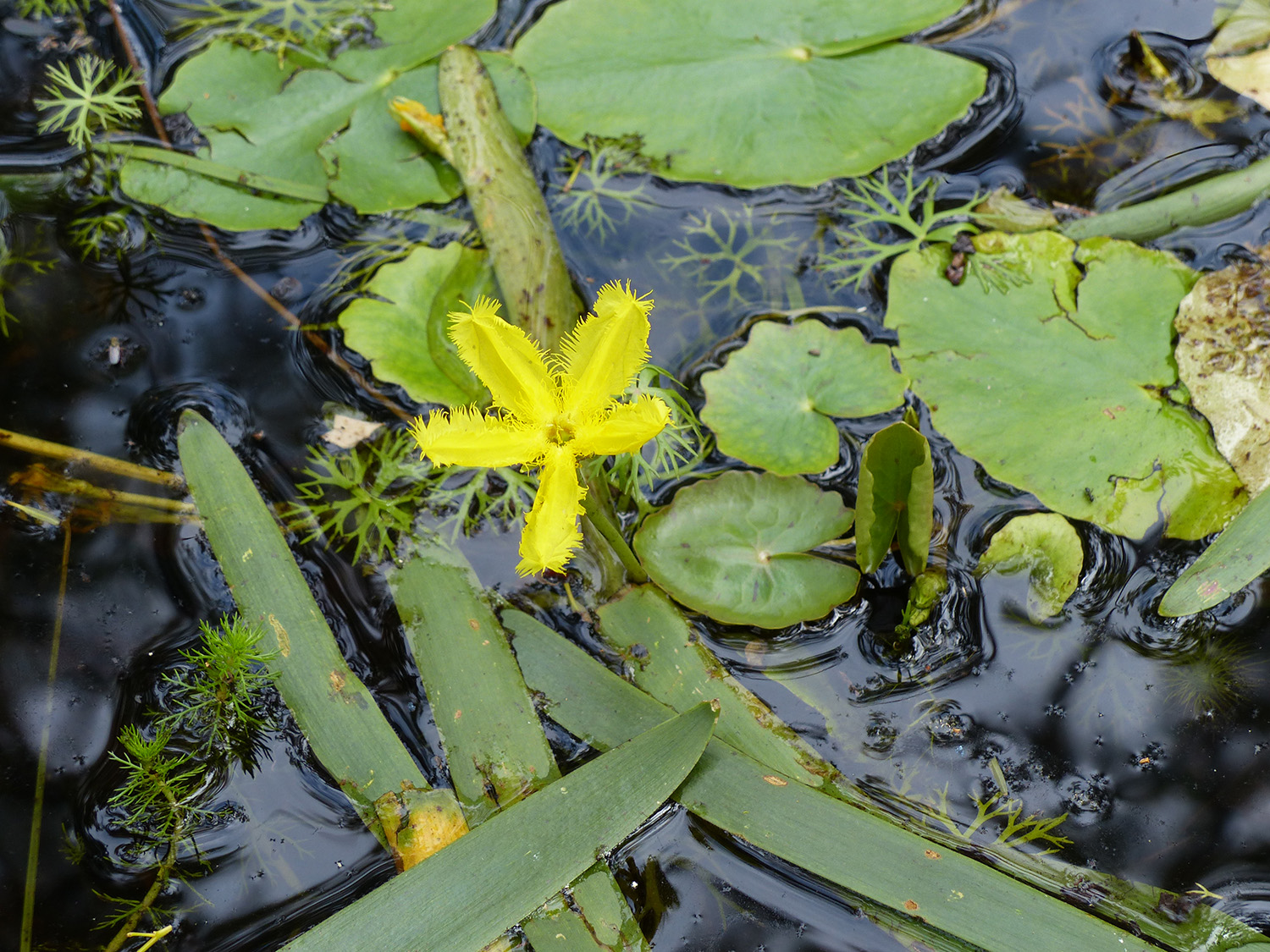
Exploring links in the food chain
This story discusses work undertaken during the Environmental Water Knowledge and Research (EWKR) project, and is re-published from the EWKR website. Authors: Ben Gawne The MDB EWKR project is investigating how environmental flows may be used to ensure there is enough food to support the recruitment of native fish and waterbirds. Recruitment, which is the […]
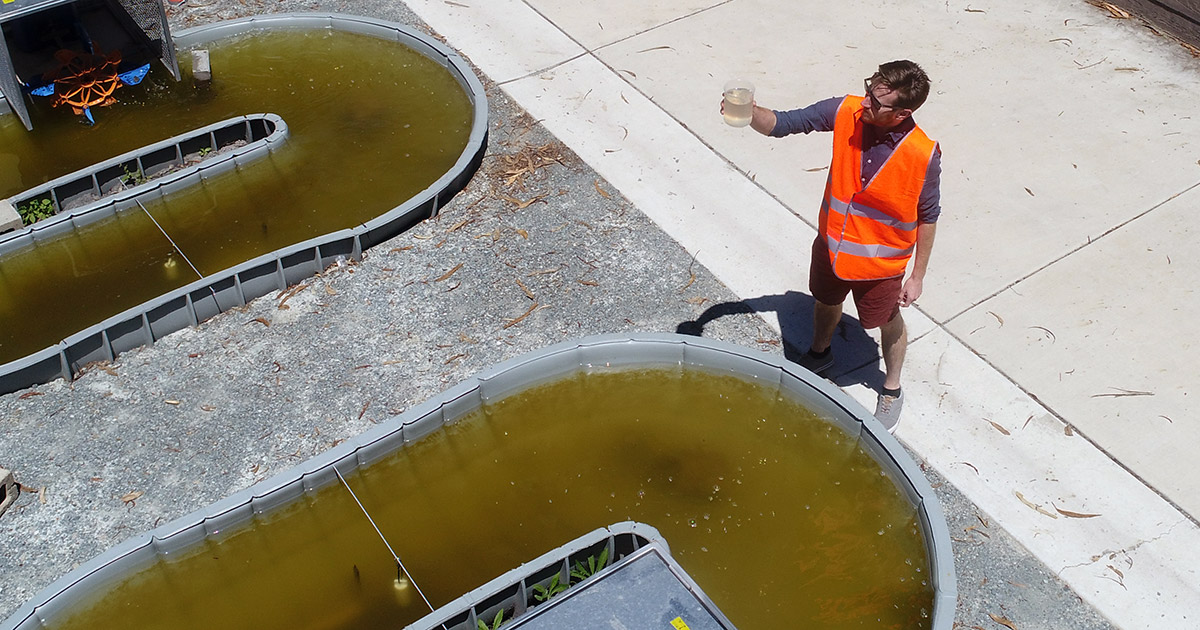
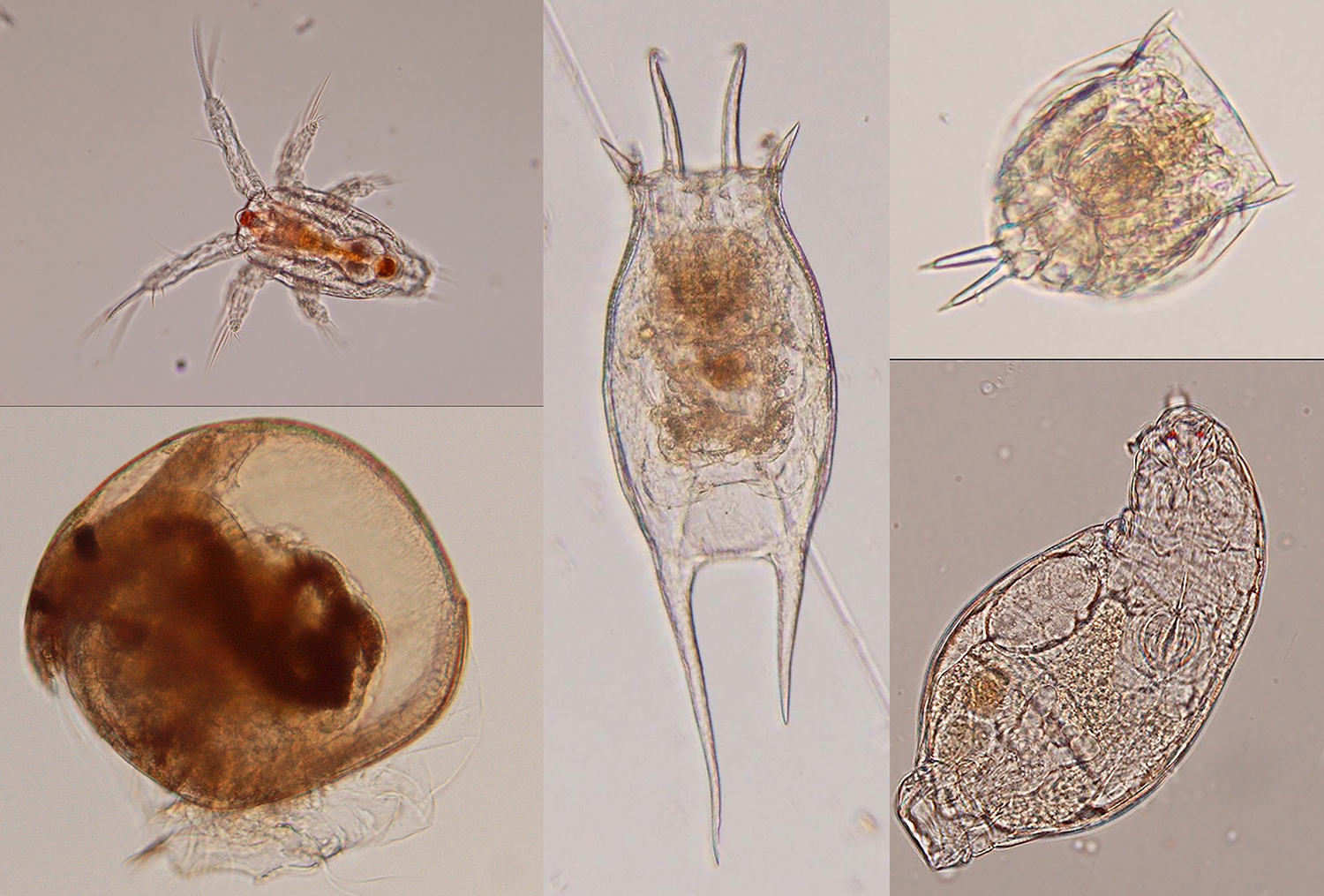

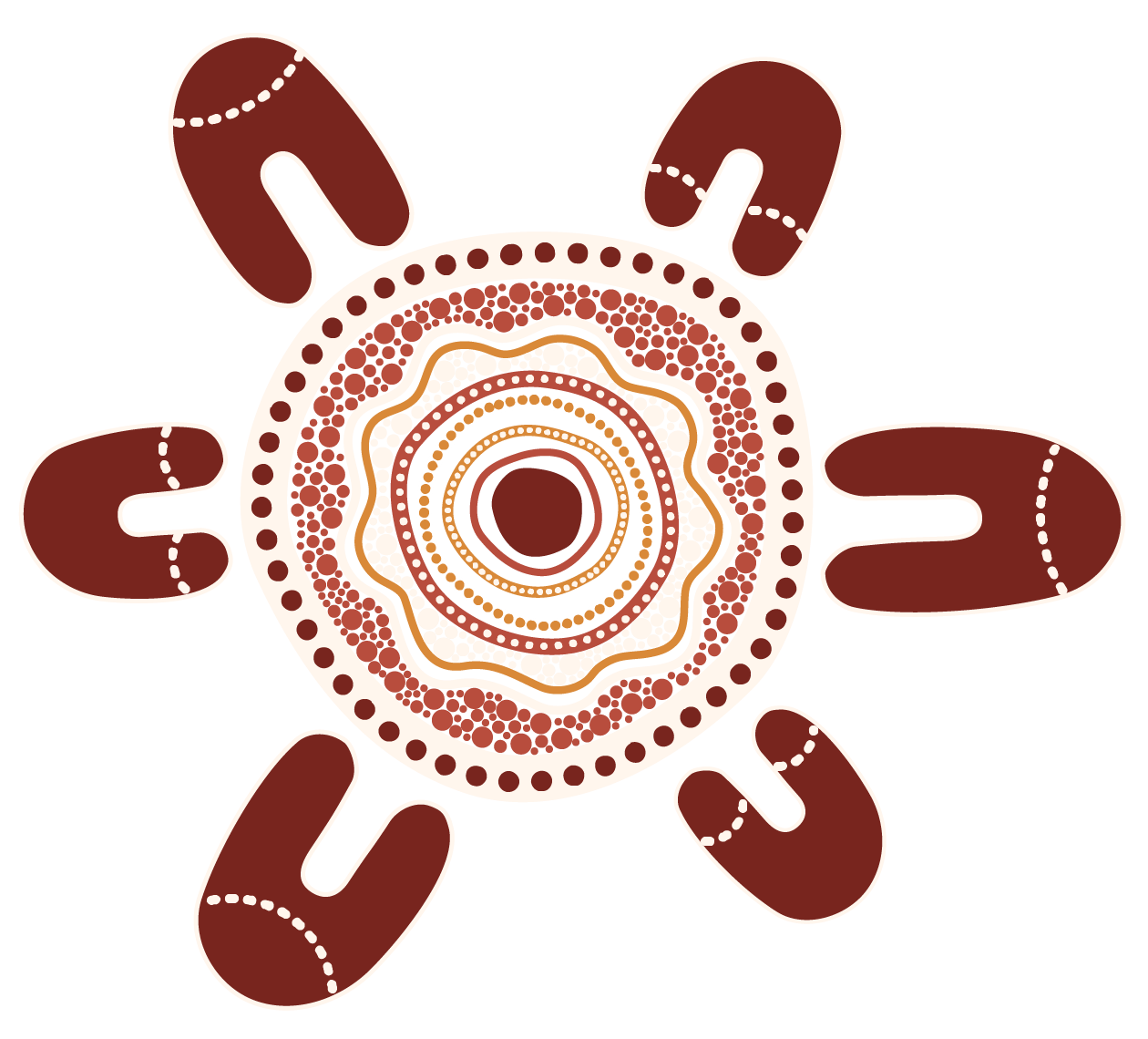
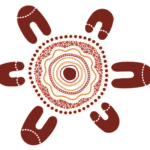
Recent Comments